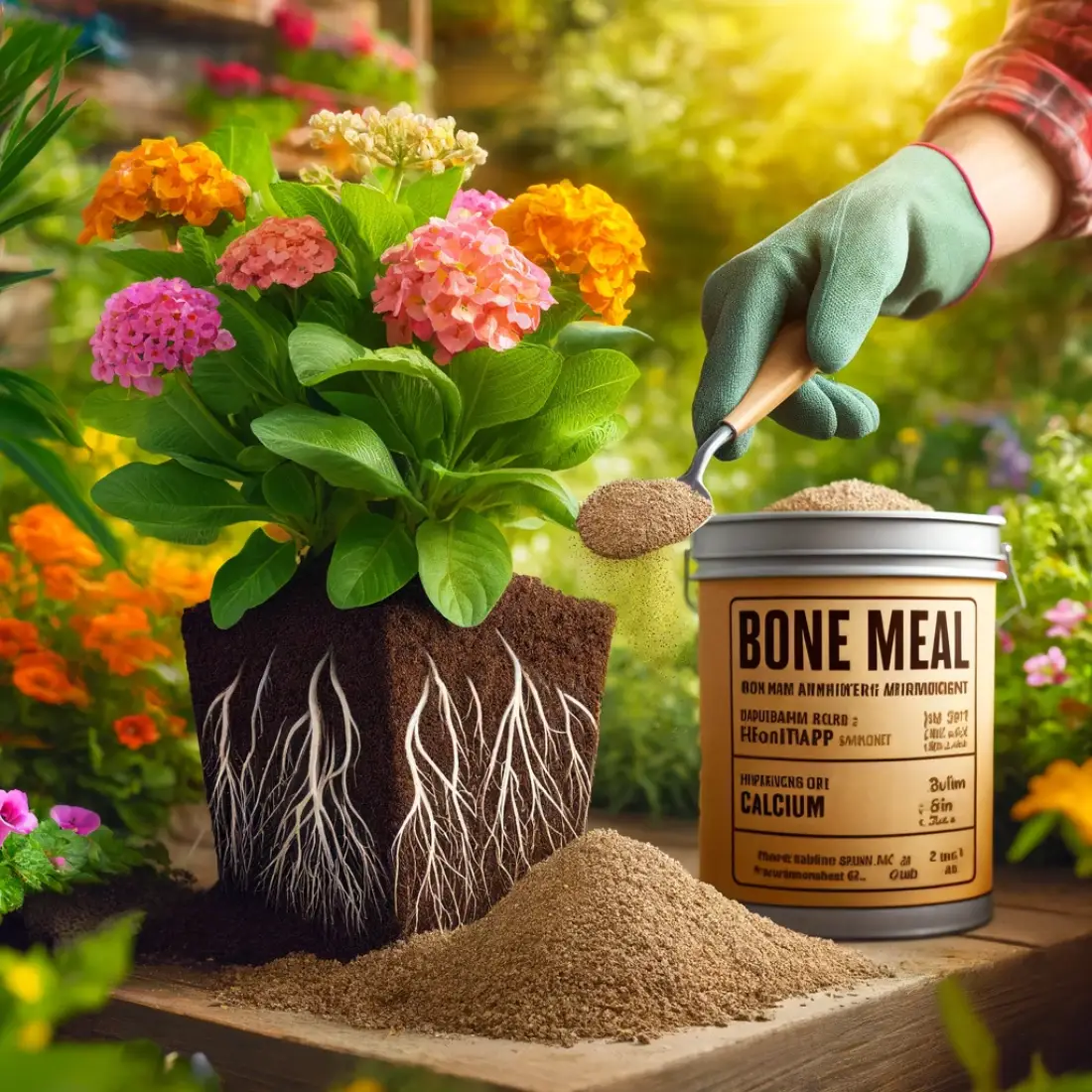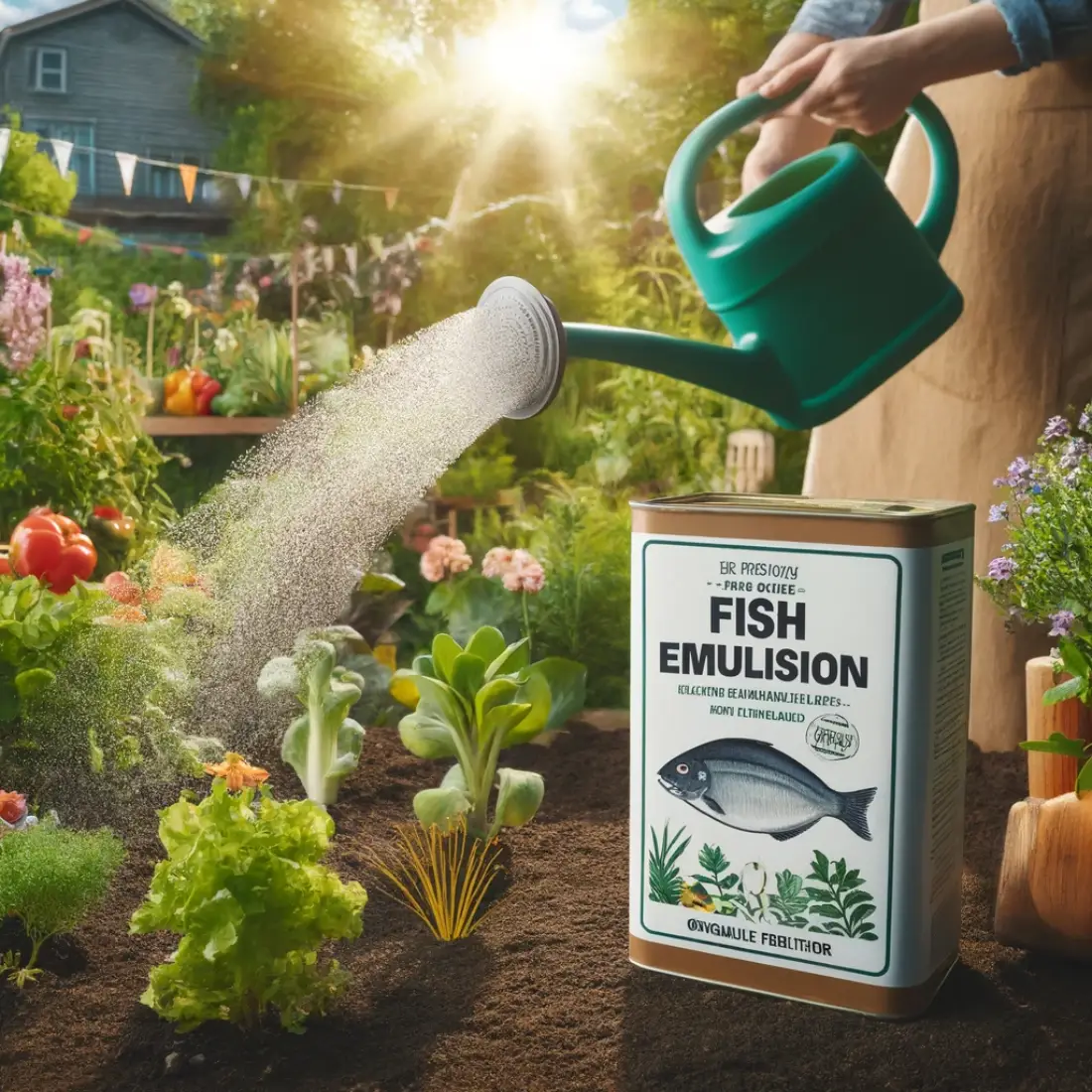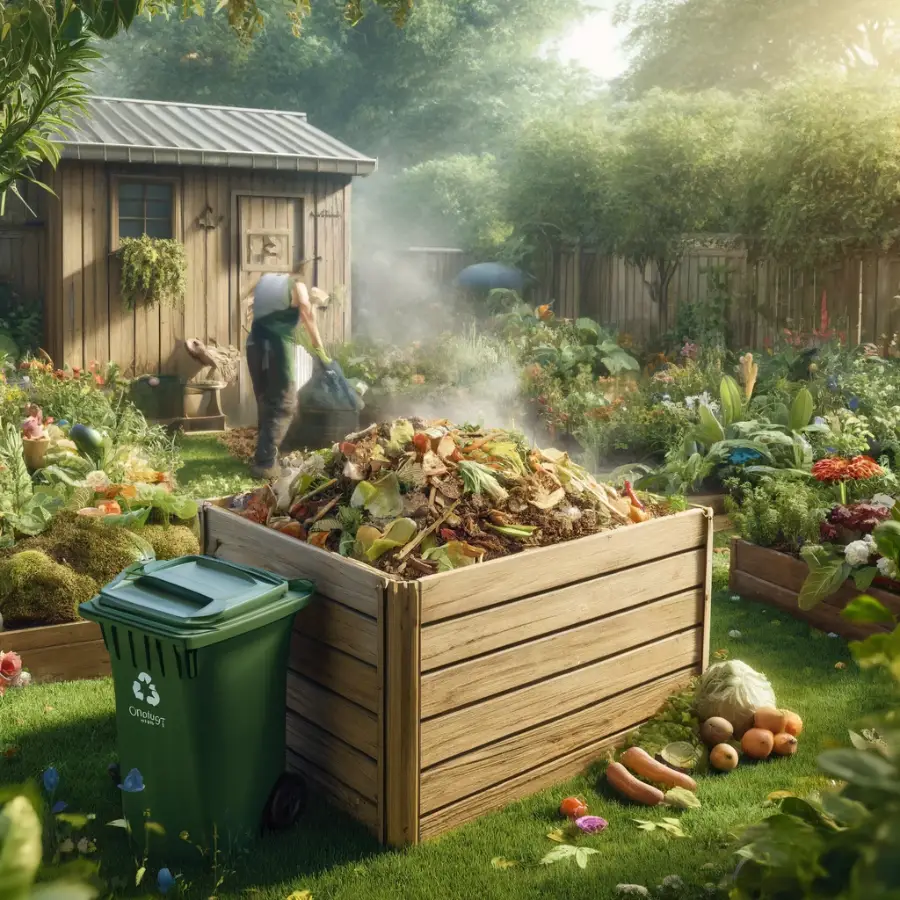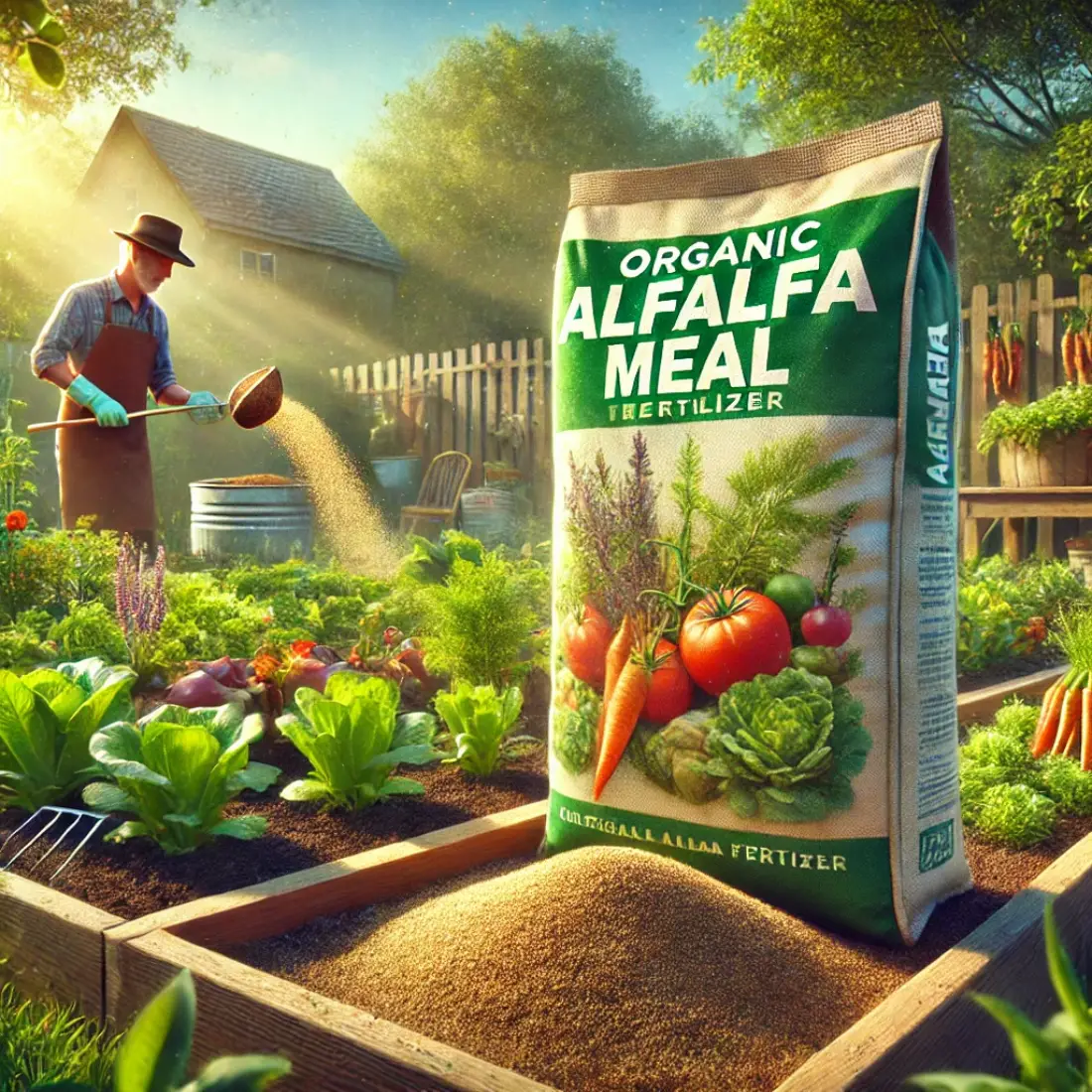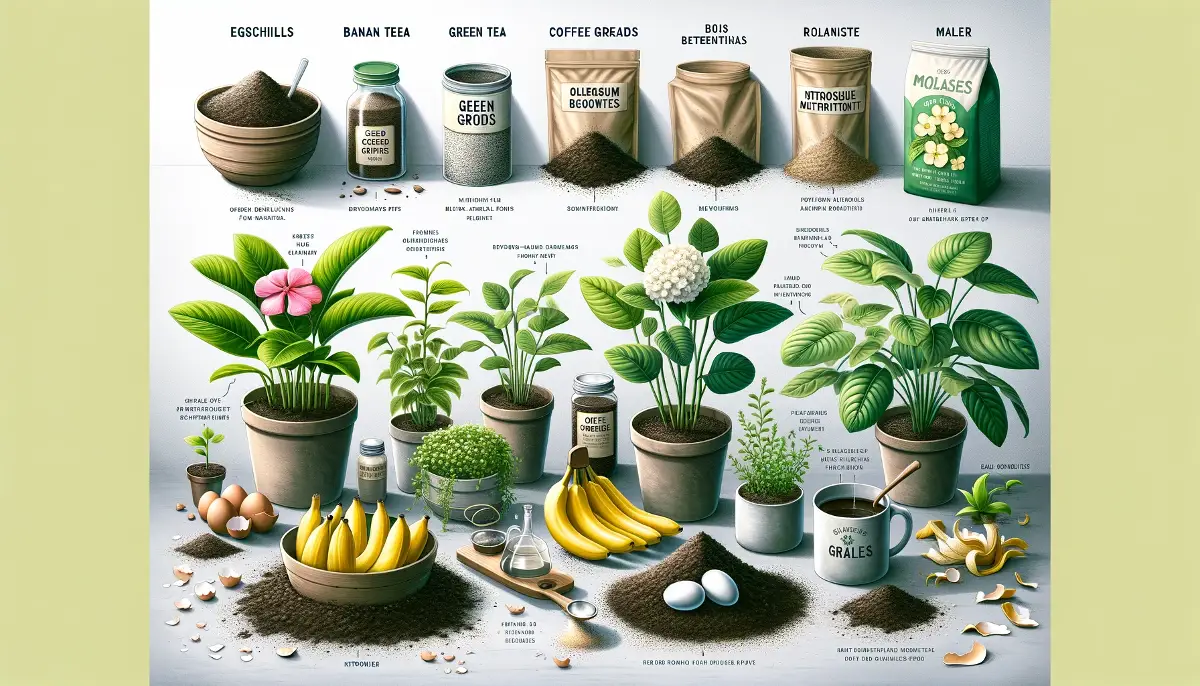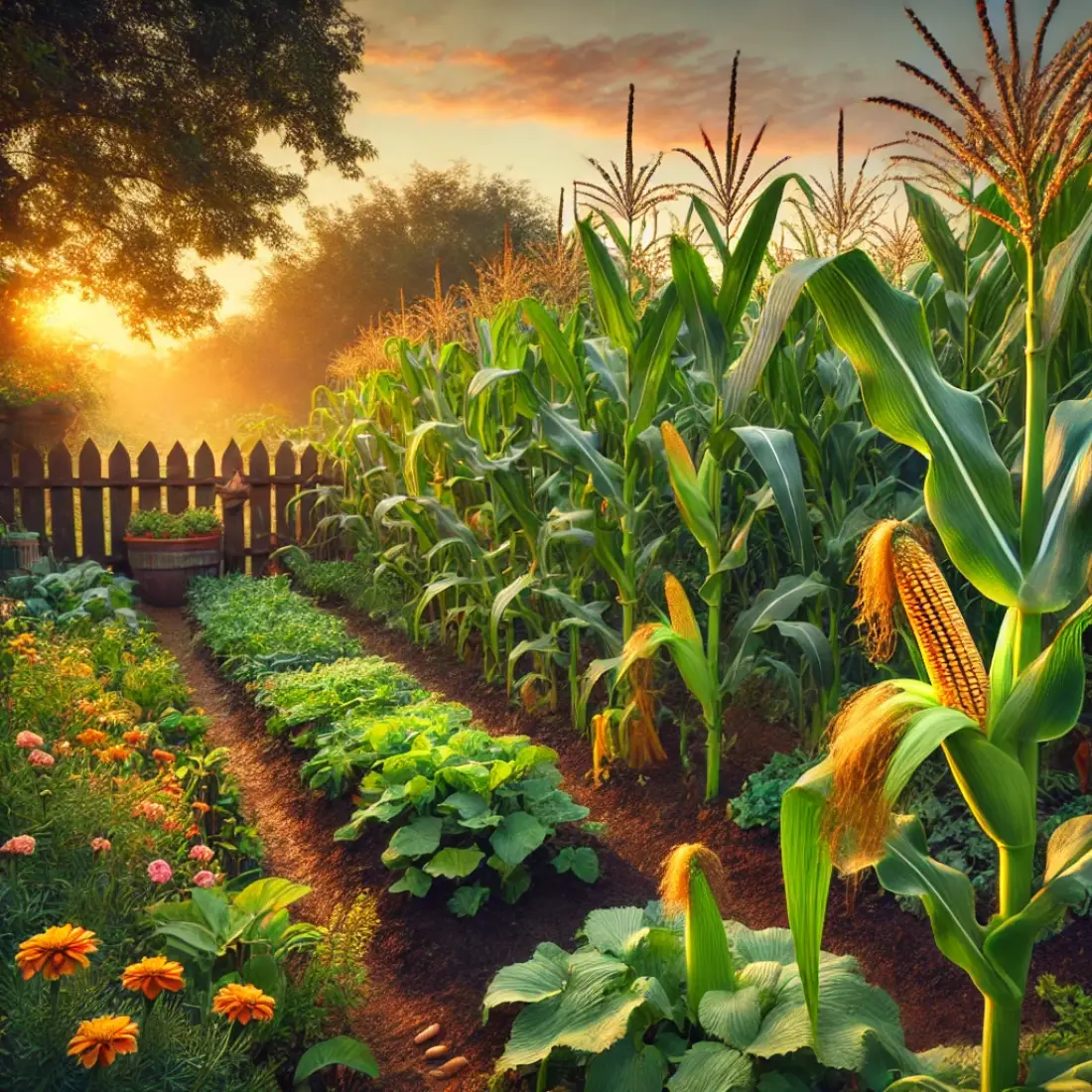Cottonseed meal is a natural fertilizer derived from cotton plants. It offers numerous benefits for soil health and plant growth. Cottonseed meal can be used in various ways in the garden, including as a soil amendment, mulch, and compost activator.
What is Cottonseed Meal?
Cottonseed meal is a byproduct derived from the extraction of oil from cotton seeds. Once the oil is extracted, the remaining solid material is processed into a fine powder or granulated form known as cottonseed meal. This meal is rich in essential nutrients, making it a valuable organic fertilizer for gardens and agricultural use.
Cottonseed meal typically contains an N-P-K (Nitrogen-Phosphorus-Potassium) ratio of approximately 6-2-1, providing a balanced supply of nutrients that promote healthy plant growth. The high nitrogen content supports leafy green growth, while the phosphorus and potassium enhance root development and overall plant vigor.
One of the significant advantages of cottonseed meal is its slow-release nature. Unlike synthetic fertilizers that deliver nutrients quickly and can lead to nutrient burn, cottonseed meal decomposes gradually. This ensures a steady supply of nutrients over time, improving soil fertility without causing harm to plants.
In addition to its nutrient content, cottonseed meal also helps improve soil structure and texture. It encourages the development of beneficial soil microorganisms, which play a crucial role in breaking down organic matter and enhancing soil health. As an eco-friendly and sustainable option, cottonseed meal is favored by organic gardeners and farmers seeking to maintain soil health and promote sustainable agricultural practices.
Comparing Cottonseed Meal with Other Organic Fertilizers
Cottonseed meal is a versatile organic fertilizer with distinct advantages over other organic options, making it a popular choice for gardeners and farmers. Here’s how it stacks up against some commonly used organic fertilizers:
Cottonseed Meal vs. Bone Meal
Bone meal is rich in phosphorus and calcium, promoting strong root development and flowering. However, it lacks the nitrogen content found in cottonseed meal. Cottonseed meal’s balanced N-P-K ratio of approximately 6-2-1 provides a more comprehensive nutrient profile, supporting overall plant growth, especially in nitrogen-deficient soils.
Cottonseed Meal vs. Blood Meal
Blood meal is an excellent nitrogen source, with an N-P-K ratio of around 12-0-0, making it ideal for boosting leafy green growth. However, its high nitrogen content can lead to nutrient burn if not used carefully. Cottonseed meal offers a safer, slow-release nitrogen source, reducing the risk of over-fertilization and providing a more balanced nutrient supply over time.
Cottonseed Meal vs. Fish Emulsion
Fish emulsion is a liquid fertilizer with a quick nutrient release, beneficial for rapid plant growth and foliar feeding. However, it can be odorous and may attract pests. Cottonseed meal, on the other hand, has a more neutral odor and can improve soil structure. Its slow-release properties also mean fewer applications are needed, making it more convenient for long-term soil health.
Cottonseed Meal vs. Compost
Compost enriches soil with a broad range of nutrients and organic matter, enhancing soil structure and water retention. However, compost can vary in nutrient content depending on its source materials. Cottonseed meal provides a consistent nutrient profile and can be used to supplement compost, ensuring specific nutrient needs are met.
Cost-Effectiveness
Cottonseed meal is generally affordable and widely available, making it a cost-effective option for organic gardeners. Its slow-release properties mean fewer applications are needed compared to other fertilizers, further reducing costs.
How to Use Cottonseed Meal in the Garden
Preparing Your Garden for Cottonseed Meal
Before applying a cottonseed meal, it’s essential to prepare your garden properly. Start by testing your soil to determine its current nutrient levels and pH. This will help you understand how much cottonseed meal you need to apply. Most soil testing kits are available at garden centers or through local cooperative extension services.
Once you have your soil test results, calculate the correct amount of cottonseed meal based on the specific nutrient needs of your plants. Generally, a rate of 4 to 6 pounds per 100 square feet is recommended. However, adjust this amount according to your soil’s nutrient deficiencies and the requirements of the plants you intend to grow.
Applying Cottonseed Meal as a Soil Amendment
To use cottonseed meal as a soil amendment, follow these steps:
- Prepare the Soil: Remove any weeds and debris from your garden bed. Loosen the soil to a depth of about 6-8 inches using a garden fork or tiller.
- Apply Cottonseed Meal: Evenly spread the calculated amount of cottonseed meal over the soil surface. For most garden beds, a rate of 4-6 pounds per 100 square feet works well.
- Incorporate into the Soil: Mix the cottonseed meal thoroughly into the top 6-8 inches of soil using a rake or tiller. This ensures that the nutrients are evenly distributed and accessible to plant roots.
- Water Thoroughly: After applying cottonseed meal, water the garden bed thoroughly to help activate the nutrients and start the decomposition process.
- Reapply as Needed: Depending on your soil test results and plant needs, you may need to reapply cottonseed meal once or twice during the growing season.
Using Cottonseed Meal as Mulch
Cottonseed meal can also be used as an effective mulch:
- Apply a Thin Layer: Spread a thin layer (about 1/2 inch) of cottonseed meal around the base of plants. Avoid piling it directly against plant stems to prevent rot.
- Cover with Organic Mulch: To enhance its effectiveness, cover the cottonseed meal with a layer of organic mulch, such as straw or wood chips. This helps retain moisture and improves soil health.
- Monitor and Reapply: Check the mulch layer periodically and add more cottonseed meal as it decomposes to maintain its benefits throughout the growing season.
Cottonseed Meal in Composting
Cottonseed meal is a valuable addition to compost piles:
- Add to the Compost Pile: Mix cottonseed meal into your compost pile to boost nitrogen levels. Use approximately 1 cup per cubic foot of compost material.
- Balance with Carbon Materials: Ensure a balanced compost mix by adding carbon-rich materials like leaves, straw, or paper. Aim for a carbon-to-nitrogen ratio of about 30:1.
- Turn the Pile: Regularly turn the compost pile to aerate it and speed up decomposition. The cottonseed meal will help accelerate the breakdown of organic matter, resulting in rich, fertile compost.
Potential Drawbacks and How to Mitigate Them
While cottonseed meal is beneficial, there are a few potential drawbacks:
- Overuse Risks: Excessive application can lead to nutrient imbalances and harm plants. Always follow recommended application rates.
- Soil pH Impact: Cottonseed meal can slightly acidify the soil. Regular soil testing and the use of lime or other pH-balancing agents can help maintain optimal soil pH levels.
- Specific Plant Precautions: Some plants, like those sensitive to nitrogen, may not thrive with cottonseed meal. Research specific plant requirements before applying.
Plants That Like Cottonseed Meal
Cottonseed meal is a versatile and nutrient-rich organic fertilizer that benefits a wide range of plants. Here are some specific types of plants that thrive with the addition of cottonseed meal:
Vegetables
Cottonseed meal is an excellent fertilizer for various vegetables. Its balanced nutrient content supports healthy growth and high yields.
- Leafy Greens: Lettuce, spinach, kale, Swiss chard, arugula
- Fruit-Bearing Vegetables: Tomatoes, peppers, eggplants, cucumbers, squash
- Root Vegetables: Carrots, radishes, beets, turnips, potatoes
- Legumes: Beans, peas
Flowers
Many flowering plants benefit from the slow-release nutrients in cottonseed meal, which promote vibrant blooms and robust growth.
- Annuals: Marigolds, petunias, zinnias, impatiens, cosmos
- Perennials: Roses, daisies, daylilies, peonies, hostas
- Bulbs: Tulips, daffodils, lilies, irises, crocuses
Fruits
Fruit-bearing plants thrive with the added nutrients from cottonseed meal, which supports strong root systems and high fruit production.
- Berries: Strawberries, blueberries, raspberries, blackberries
- Fruit Trees: Apple, pear, peach, plum, cherry
Herbs
Herbs also benefit from the steady nutrient release, resulting in lush foliage and enhanced flavors.
Lawns and Shrubs
Cottonseed meal can be used to improve lawn health and promote the growth of shrubs.
- Lawns: Enhances turfgrass growth and color
- Shrubs: Azaleas, rhododendrons, hydrangeas, camellias, boxwood
Using cottonseed meal in your garden can significantly enhance the health and productivity of a wide variety of plants, from vegetables and fruits to flowers and herbs. Its balanced nutrient profile and slow-release properties make it a versatile and effective choice for organic gardening.
FAQs about Cottonseed Meal
What is a cottonseed meal?
Cottonseed meal is a byproduct of extracting oil from cotton seeds. It is processed into a fine powder or granulated form and used as an organic fertilizer rich in essential nutrients like nitrogen, phosphorus, and potassium.
How do I apply cottonseed to my garden?
To apply cottonseed meal, spread it evenly over the soil surface at a rate of 4-6 pounds per 100 square feet, and then mix it into the top 6-8 inches of soil. Water the area thoroughly to activate the nutrients.
Can I use cottonseed meal for all types of plants?
Cottonseed meal is suitable for a wide range of plants, including vegetables, fruits, flowers, and herbs. However, it is particularly beneficial for nitrogen-loving plants and may not be ideal for plants sensitive to high nitrogen levels.
How often should I apply cottonseed?
Apply cottonseed meal at the beginning of the growing season and reapply once or twice during the season, depending on your soil’s nutrient needs and the specific requirements of your plants.
Is cottonseed meal safe for organic gardening?
Yes, cottonseed meal is an organic fertilizer that is safe and beneficial for organic gardening. It improves soil health and provides essential nutrients in a slow-release form.
Does cottonseed meal affect soil pH?
Cottonseed meal can slightly acidify the soil. Regular soil testing and adjustments with lime or other pH-balancing agents can help maintain optimal soil pH levels.
Can cottonseed meal attract pests to my garden?
Cottonseed meal generally does not attract pests. However, it is important to use it as directed and avoid over-application, which can lead to other issues.
How long does cottonseed meal last in the soil?
Cottonseed meal decomposes slowly, providing a steady supply of nutrients over several months. Its slow-release properties make it an excellent choice for maintaining soil fertility throughout the growing season.
Can I use cottonseed meal in container gardening?
Yes, cottonseed meal can be used in container gardening. Mix it into the potting soil at a rate of 1-2 tablespoons per gallon of soil to provide essential nutrients for container plants.
What are the benefits of using cottonseed meal over synthetic fertilizers?
Cottonseed meal is an eco-friendly, organic option that improves soil health, supports beneficial soil organisms, and provides a slow-release source of nutrients, reducing the risk of nutrient burn and environmental pollution associated with synthetic fertilizers.


